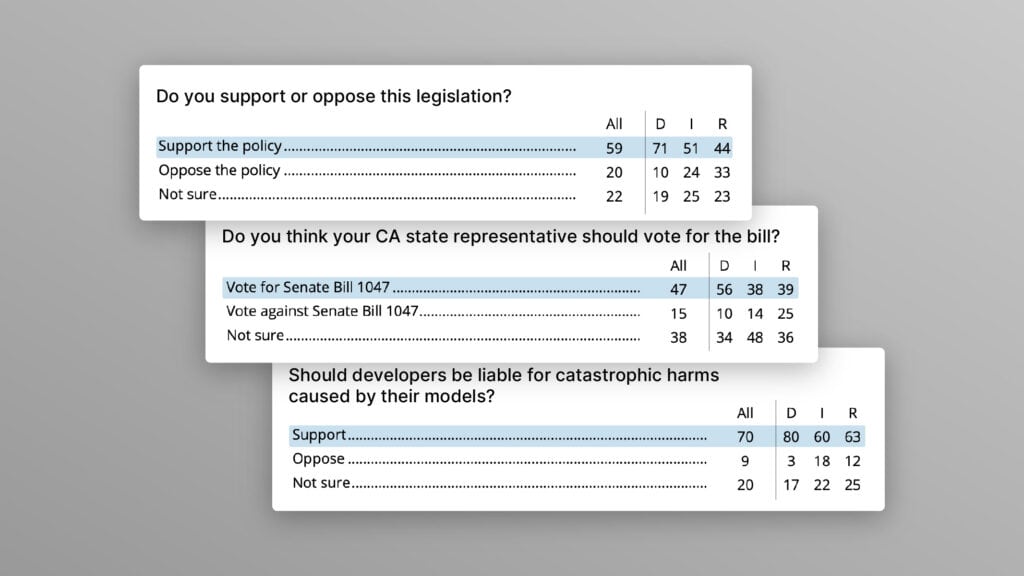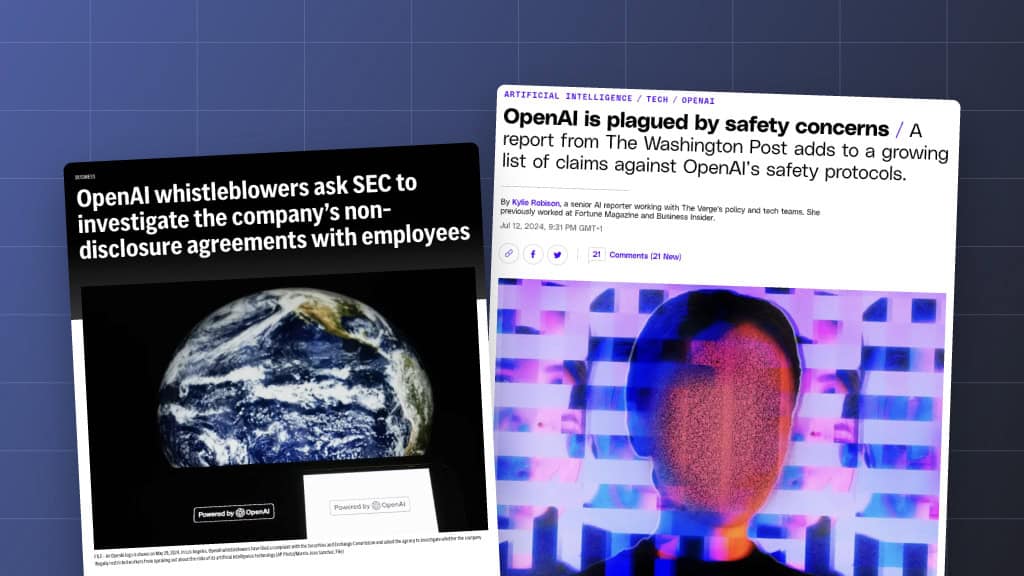Top Scientists Call for Obama to Take Nuclear Missiles off Hair-Trigger Alert

Contents
The following post was written by Lisbeth Gronlund, co-director of the Global Security Program for the Union of Concerned Scientists.
More than 90 prominent US scientists, including 20 Nobel laureates and 90 National Academy of Sciences members, sent a letter to President Obama yesterday urging him to take US land-based nuclear missiles off hair-trigger alert and remove launch-on-warning options from US warplans.
As we’ve discussed previously on this blog and elsewhere, keeping these weapons on hair-trigger alert so they can be launched within minutes creates the risk of a mistaken launch in response to false warning of an incoming attack.
This practice dates to the Cold War, when US and Soviet military strategists feared a surprise first-strike nuclear attack that could destroy land-based missiles. By keeping missiles on hair-trigger alert, they could be launched before they could be destroyed on the ground. But as the letter notes, removing land-based missiles from hair-trigger alert “would still leave many hundreds of submarine-based warheads on alert—many more than necessary to maintain a reliable and credible deterrent.”
“Land-based nuclear missiles on high alert present the greatest risk of mistaken launch,” the letter states. “National leaders would have only a short amount of time—perhaps 10 minutes—to assess a warning and make a launch decision before these missiles could be destroyed by an incoming attack.”

Minuteman III launch officers (Source: US Air Force)
Past false alarms
Over the past few decades there have been numerous U.S. and Russian false alarms—due to technical failures, human errors and misinterpretations of data—that could have prompted a nuclear launch. The scientists’ letter points out that today’s heightened tension between the United States and Russia increases that risk.
The scientists’ letter reminds President Obama that he called for taking nuclear-armed missiles off hair-trigger alert after being elected president. During his 2008 presidential campaign, he also noted, “eeping nuclear weapons ready to launch on a moment’s notice is a dangerous relic of the Cold War. Such policies increase the risk of catastrophic accidents or miscalculation.”
Other senior political and military officials have also called for an end to hair-trigger alert.
The scientists’ letter comes at an opportune time, since the White House is considering what steps the president could take in his remaining time in office to reduce the threat posed by nuclear weapons.
About the Future of Life Institute
The Future of Life Institute (FLI) is a global think tank with a team of 20+ full-time staff operating across the US and Europe. FLI has been working to steer the development of transformative technologies towards benefitting life and away from extreme large-scale risks since its founding in 2014. Find out more about our mission or explore our work.
Related content
Other posts about Nuclear, Recent News

The U.S. Public Wants Regulation (or Prohibition) of Expert‑Level and Superhuman AI

Poll Shows Broad Popularity of CA SB1047 to Regulate AI


